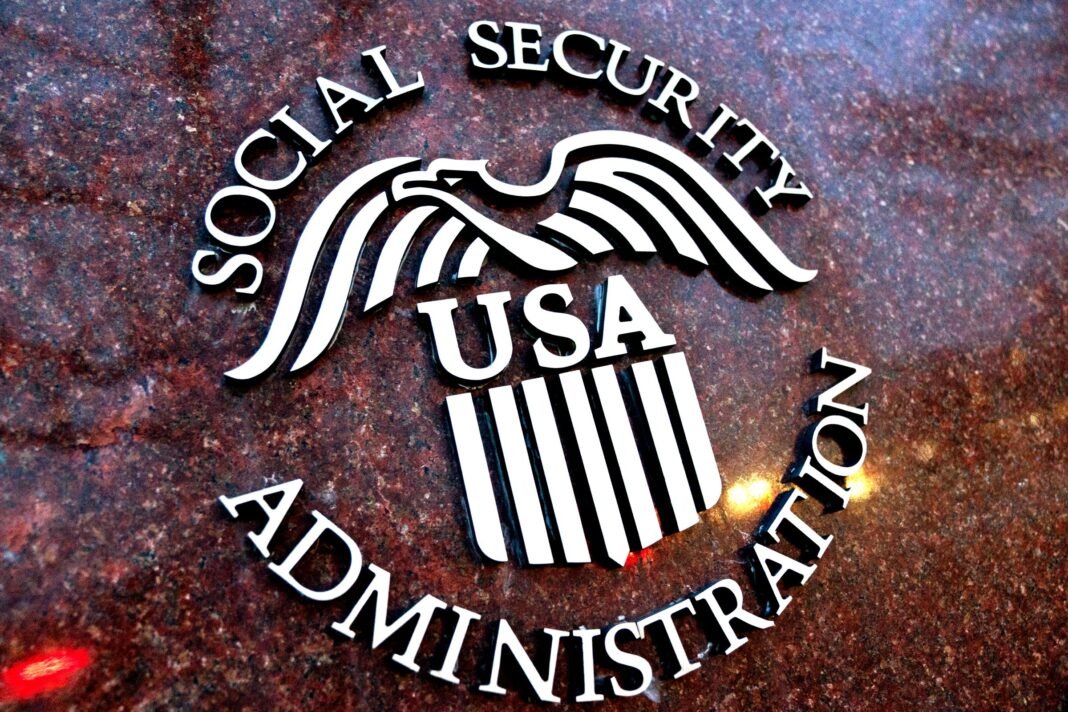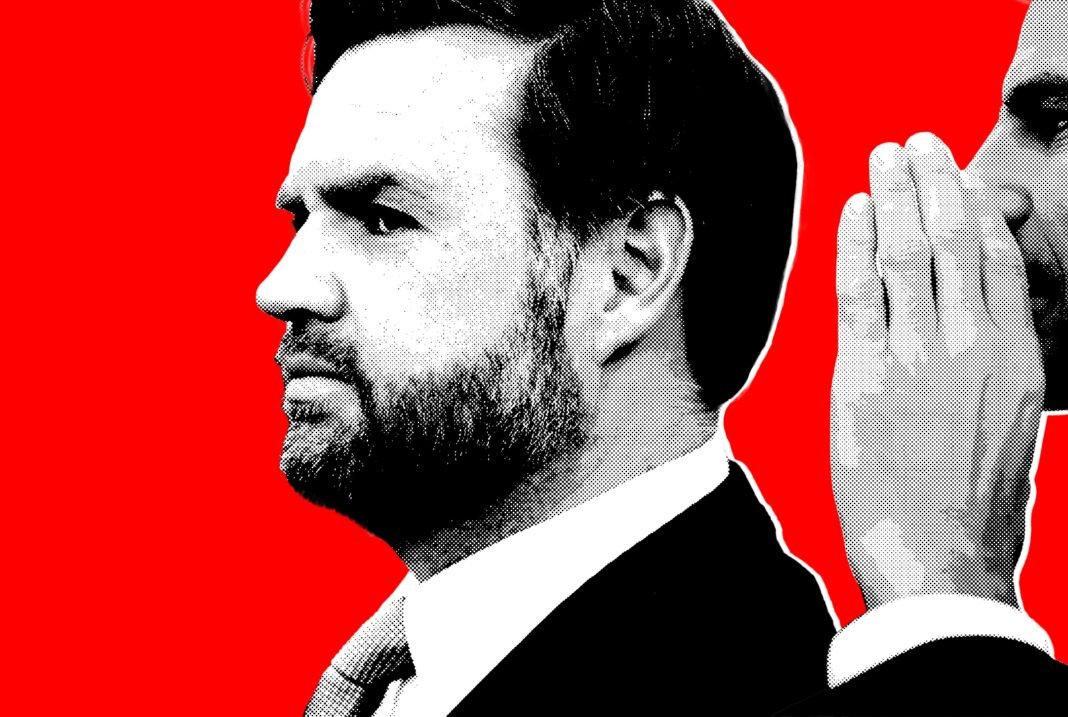The Shifting Landscape of Pride Marketing Amid Political Pressures
From Celebratory Campaigns to Cautious Corporate Messaging
in may 2019, Gillette launched a heartfelt Facebook advertisement featuring Samson Bonkeabantu Brown, a Black trans man and artist from toronto, as he experienced shaving for the first time. The ad captured an intimate moment where Brown’s father offered encouragement, emphasizing that shaving symbolizes confidence rather than fear.
This campaign quickly gained widespread attention, earning industry accolades and praise from LGBTQ+ advocates nationwide. It was hailed as a powerful representation of identity and acceptance during Pride month.
The Rise and Retreat of Corporate Pride Engagements
over the last twenty years, many brands have increasingly incorporated LGBTQ+ themes into their marketing strategies during Pride celebrations. However, recent years have seen a noticeable decline in such initiatives. According to Gravity Research’s 2025 survey, nearly 40% of companies plan to reduce their involvement in Pride Month activities this year-with none intending to expand their efforts.
This downturn coincides with political shifts under Donald Trump’s administration that targeted diversity, equity, inclusion (DEI), and LGBTQ+ rights through executive orders. These policies pressured corporations to scale back or withdraw progressive programming altogether.
Corporate Hesitation Under Political Scrutiny
A creative director from a leading New York agency shared how clients are erasing past campaigns supporting marginalized communities out of fear of backlash. “Where there used to be vibrant conversations about social justice issues,” he notes, “there is now an unsettling silence.” This phenomenon reflects what many describe as the era of anti-woke capitalism-where corporate America treads carefully around topics once embraced openly.
examples Reflecting the Shift
- mastercard: After launching its acclaimed “Your true Self Is Priceless” campaign in 2022 celebrating transgender identities and sponsoring major Pride events previously, Mastercard quietly pulled back this year by withdrawing top-level sponsorship from New York city Pride.
- Target: Following conservative backlash against its colorful Pride merchandise lines in prior years, Target released a muted collection dominated by beige tones for 2025-a move widely mocked on social media platforms like TikTok for lacking vibrancy or spirit.
- Citi & Nissan: Both companies affirmed ongoing support for inclusive workplace cultures but scaled down public-facing celebrations amid growing political pressures.
The Broader Cultural Impact Beyond Just Pride Month
This retreat extends beyond just June festivities. As a notable example:
- The Super Bowl recently omitted its usual “End Racism” field markings after Trump attended the event-marking a departure from previous commitments toward racial justice messaging at major sporting events.
- the Denver Juneteenth Music Festival had to shorten its program due to loss of corporate sponsors amid heightened scrutiny over DEI initiatives nationwide.
MAGA Influence on Advertising Narratives
Diverse industries are increasingly echoing nationalist themes aligned with Trump’s vision: freedom rooted in traditional American values such as revolution and domestic manufacturing pride. Automotive giants like Ford rolled out campaigns emphasizing american-made jobs while Stellantis highlighted patriotic motifs tied to America250 celebrations ahead of the nation’s upcoming semiquincentennial anniversary.
“If they were like us,” one Ford ad states pointedly about competitors who accepted taxpayer bailouts instead of creating thousands more U.S.-based jobs-a clear nod toward economic nationalism intertwined with cultural messaging.”
A Shift Toward Conservative Media Platforms
The social media landscape has also transformed dramatically since Trump’s inauguration attendance by tech moguls Mark Zuckerberg and Elon Musk-both known supporters who contributed heavily financially toward his reelection efforts.Platforms like X (formerly Twitter) have become hubs for alt-right content while abandoning fact-checking measures once aimed at curbing misinformation perceived as politically biased against conservatives.
Major advertisers including Comcast and Disney have resumed spending on these platforms despite controversies surrounding hate speech due to shifting market dynamics favoring conservative audiences online.
Brave Brands Standing Firm Against Anti-DEI Pressures
A handful of prominent companies continue resisting rollback attempts on diversity programs despite intense political opposition:
- Costco: Famously doubled down on DEI initiatives even after receiving warnings from multiple state attorneys general demanding cessation-a rare example among mega-retailers maintaining progressive stances publicly amidst mounting pressure.
- Burlington-based Ben & jerry’s: Known not only for outspoken support around racial justice but also vocal protests against global human rights abuses such as those occurring in Gaza; it remains steadfast alongside other brands championing climate action including Apple and Levi’s.
- Walmart Heiress Christy Walton: Recently garnered praise within progressive circles after placing full-page ads promoting nationwide anti-Trump demonstrations called “No King’s Day,” signaling cracks within traditionally conservative-aligned business families regarding current political climates.
The Role Consumers Play In Shaping Brand Ethics
An expert at Wharton School emphasizes that consumer choices now carry greater weight beyond product preferences-they reflect alignment with brand values too: “It makes it incumbent on customers not just follow product needs but also their political needs.”
Navigating A Divided Market: The Future Of Advertising Creativity And Morality
“Without embracing diverse perspectives through unifying messages rather than divisive rhetoric,” warns marketing scholars,
“the creative industry risks narrowing both imagination and societal impact.”
If advertising leaders fail to prioritize ethical imperatives over short-term gains or political expediency today,
the cultural influence wielded by brands may diminish entirely-potentially erasing pluralistic visions central to America’s identity itself.
The challenge lies not only in aesthetics or storytelling but survival amid rising ideological battles shaping public consciousness worldwide.
.





